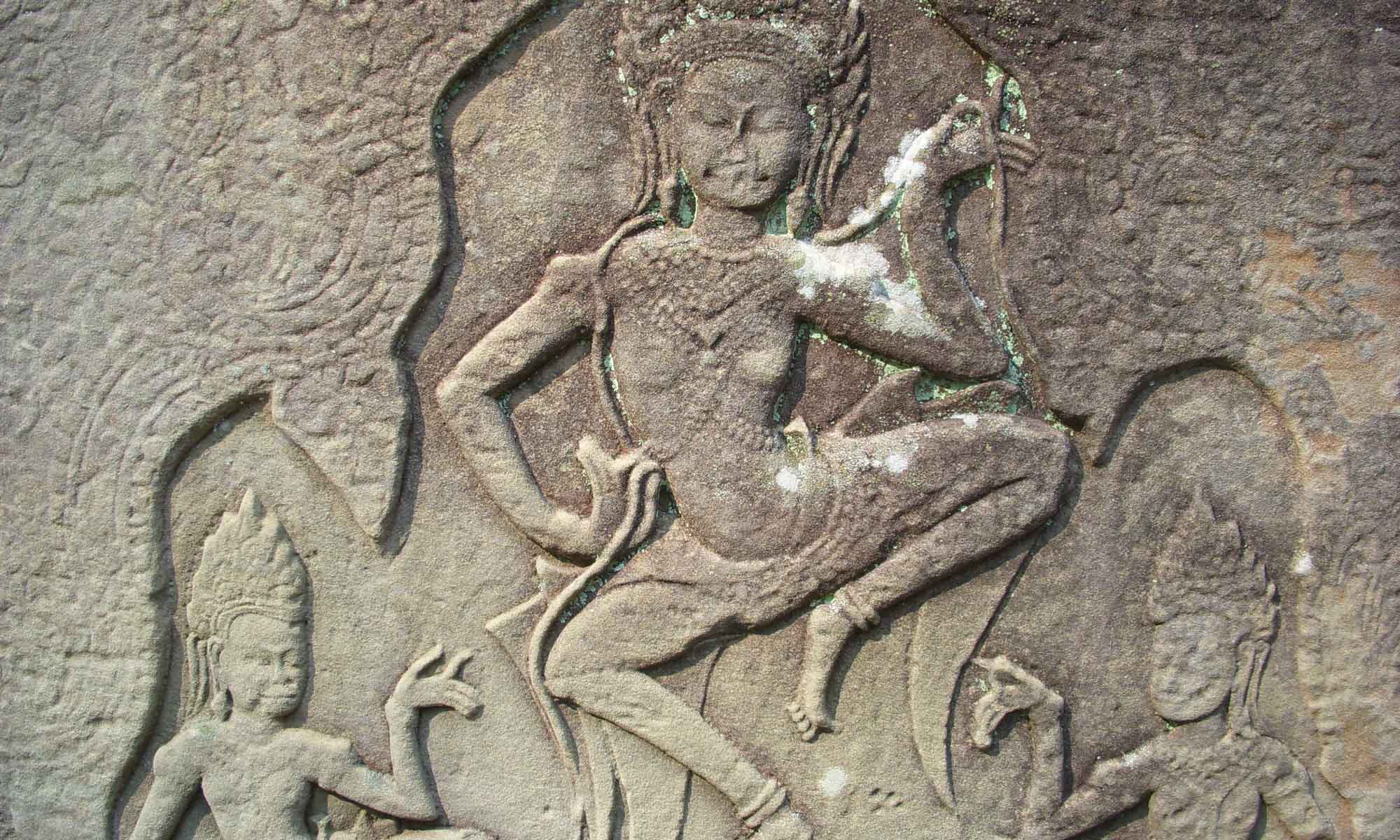
Elinor Gadon, 92, died peacefully at her home in Cambridge, MA on May 8th.
As an art historian specializing in the art and culture of India, she taught at Harvard, Tufts and the California Institute of Integral Studies, and held an appointment as a Life Scholar at the Brandeis University Women’s Studies Research Center. Her 1989 book, The Once and Future Goddess, became an essential text for the women’s spirituality and Goddess movements, and for college courses on Women and Mythology around the world.
Longtime friend and colleague Dianne Jenett says that her research continued to the end of her life:
With stamina and passionate intellectual curiosity which inspired many of us, in her seventies and eighties Elinor returned to the India she loved in order to do research on the village goddesses of Orissa. Her son John said, after he read letters women from all over the world sent to her, “I had no idea she changed so many lives.” She will be sorely missed.
Born on September 17, 1925 to Maurice H. Weiner and Jean (Kaplan) Weiner, Elinor grew up in Reading, PA, where her parents were the proprietors of Weiner’s Men’s Clothing store on Penn Street. She graduated from Reading High School in 1942 and from the University of Michigan in 1945. She later obtained her doctorate in History of Culture from the University of Chicago.
She was the recipient of the Honor Award for Lifetime Achievement in the Visual Arts from the Women’s Caucus for Art, and of the Demeter Award for Leadership in Women’s Spirituality from the Association for the Study of Women and Mythology in 2016.
When she received the Demeter award, she responded,
“I have tears in my eyes… how nice of all of you to recognize my work. I really did what was in my heart and on my mind, and how wonderful to have it reach so many people. Let’s keep on with this vision because it’s women who are going to save the world.”











You must be logged in to post a comment.